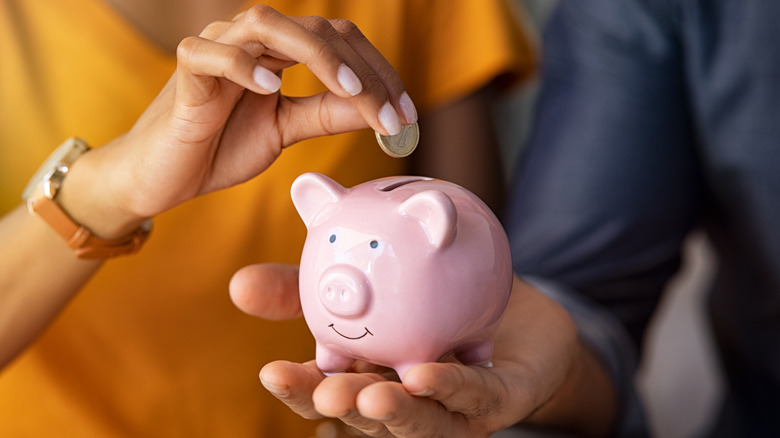How Much Money Should Be In Your Emergency Fund?
Do you have enough savings for an emergency medical treatment? What if your car stops working or your roof gets damaged after a storm? In any of these circumstances, you'd need a few hundred bucks (in the best-case scenario!) to cover the costs. Your insurance policy may not offer the coverage you need, or it may only pay a portion of the cost. With that in mind, the best thing you can do is build an emergency fund.
Bankrate found that only 40% of Americans are able to cover a $1,000 emergency expense. About 20% would use their credit cards, whereas 10% would borrow money from family or friends. What's more, about 32% of Americans are "very uncomfortable" with their emergency savings, according to a recent Bankrate survey.
Meanwhile, consumer debt hit a new record for over 90% of U.S. households, reports Bloomberg. "If your costs are rising and your wages are not picking up, how are people going to fill that gap? Without substantial savings to draw from, it's going to have to come from debt," said finance professor Paige Ouimet. The rising inflation only makes things worse.
We can all agree that having an emergency fund is a must, especially in these uncertain times. How much money you should save depends on your age, income, lifestyle, and other factors.
How much should you save for emergency expenses?
While there are no hard rules on how much money should be in your emergency fund, most experts recommend having enough to cover up to six months' worth of expenses. In a recent podcast, financial educator Tori Dunlap suggested setting aside at least three months' worth of living expenses in a high-yield savings account. Ideally, choose an account with a higher-than-average annual percentage yield (APY), such as those from Bask Bank, Current, or UFB Direct.
For example, Current has a 4% APY and no minimum opening deposit, according to Fortune. This means you'll earn 4% interest per year, regardless of how much you have in your account. By comparison, Salem Five Direct has a 3.5% APY, while Bask Bank has an APY of 3.6%. Plus, many banks offer extra perks, such as free ATM withdrawals or free online banking.
But what if you're living paycheck-to-paycheck? In this case, remember that saving something, no matter how little, is better than saving nothing. If you decide to be better with money in the new year and set aside just $30 a week, you'll have $7,800 in your emergency fund after five years. Plus, you may earn interest on your savings, which would counteract the effects of inflation — at least to some extent.
Lynnette Khalfani-Cox, a personal finance expert, recommends saving in a cyclical manner. Basically, you should set aside more or less, depending on how much you make each month. "The discipline factor comes in when you know you can be consistent," Khalfani-Cox told CNBC.

